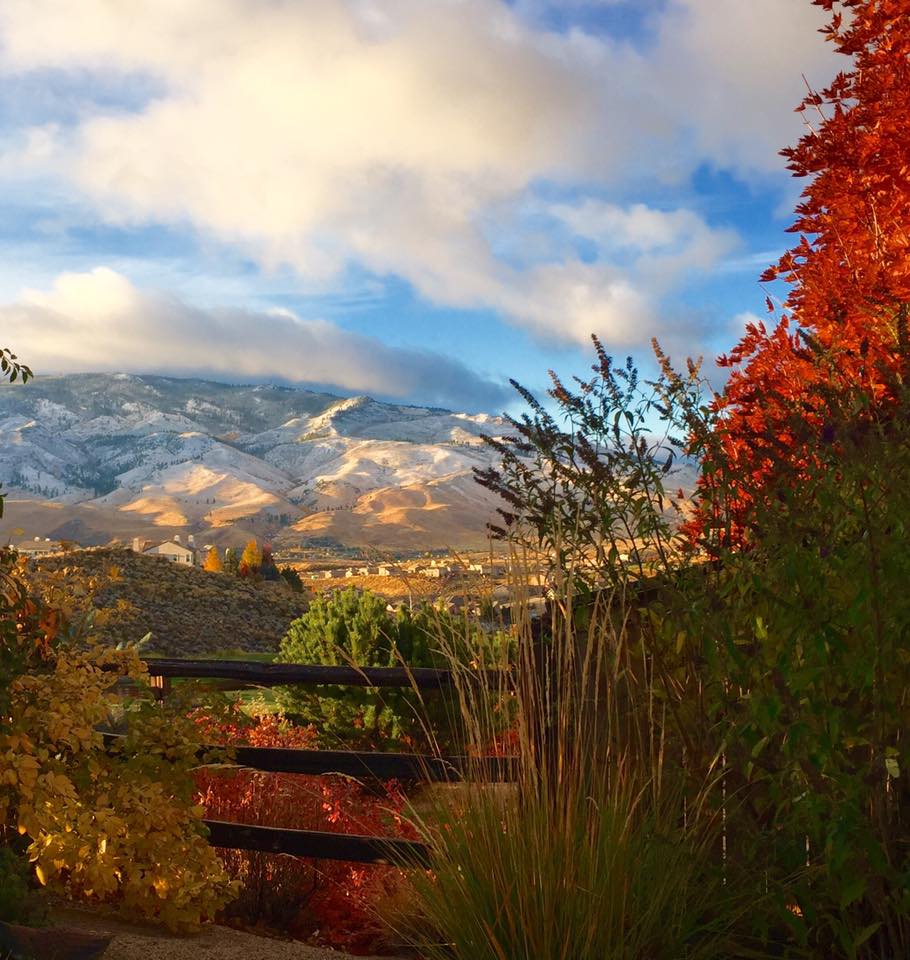Anyone still believe that Iran at the highest levels was not involved in this plot? Anyone not believe that this demands a strong response from the US to destabilize Iran?
Notorious Iranian militant has a connection to alleged assassination plot against Saudi envoy
By Peter Finn, Published: October 14
When nearly $100,000 landed in an undercover FBI bank account from a source linked to an Iranian paramilitary force, officials began taking seriously an alleged plot to assassinate the Saudi ambassador that at first had seemed outlandish.
And as the investigation unfolded over recent months, a name emerged that chilled some in the U.S. government. The Iranian cousin of the man accused of plotting the assassination was Abdul Reza Shahlai, a senior commander in Iran’s Quds Force, who had been linked to the killing of American troops in Iraq.
Shahlai was known as the guiding hand behind an elite group of gunmen from the feared militia of the cleric Moqtada al-Sadr. They had dressed as American and Iraqi soldiers and, in a convoy of white SUVs, stormed a provincial government building in Karbala on Jan. 20, 2007.
Five Americans were killed and three were wounded in the attack, whose brazenness rattled the military. The daring raid became even more notorious after some of the suspected killers were later released by the Iraqi government.
The U.S. military found a 22-page memo that detailed preparations for the operation and tied it to the Quds Force, a branch of Iran’s Islamic Revolutionary Guard Corps. Treasury officials singled out Shahlai as “the final approving and coordinating authority” for the Iran-based training of members of Sadr’s militia before they went back to Iraq to attack coalition forces.
The 54-year-old Iranian also supplied parts of Sadr’s militia with large quantities of C-4 plastic explosives, 122mm grad rockets, rocket-propelled grenades and mortars, according to the U.S. Treasury report targeting him for sanctions.
“The Quds Force is Iran’s arm for supporting terrorists and planning attacks. . . . It has, in the past, reached out to groups that might seem unlikely partners,” said a U.S. official, speaking on the condition of anonymity to discuss an ongoing investigation. “The U.S. government has known for quite some time that the Quds Force was involved in this type of external plotting and has known that Shahlai has been behind much of it. That he is still at it is no surprise.”
Shahlai’s cousin in the United States is Mansour Arbabsiar, who had grown up with him in the Iranian city of Kermanshah (now Bakhtaran) but emigrated to Texas in the late 1970s.
This year, the 56-year-old Arbabsiar, running from a series of failed businesses and a collapsing marriage, returned to Iran to live. And Shahlai apparently decided that he had found another proxy to strike at two of Iran’s principal enemies: the United States and Iran’s regional rival, Saudi Arabia. The Saudi ambassador to the United States,Adel al-Jubeir, is a key foreign policy adviser to King Abdullah.
U.S. officials say that Shahlai hoped that Arbabsiar, by virtue of his time in Texas, might be able to get in touch with Mexican drug traffickers who would kidnap Jubeir. The plan allegedly later evolved into assassinating him in Washington.
It is unclear how much Shahlai understood about his cousin’s life in the United States and if he understood how unlikely it was that a struggling used-car salesman in Corpus Christi, Tex., could successfully orchestrate a high-profile international plot.
Arbabsiar was charged with conspiracy to murder a foreign official and conspiracy to commit an act of international terrorism, among other charges. His court-appointed attorney said he will plead not guilty.
Several former friends of Arbabsiar’s said in interviews that he was hopelessly disorganized. Shahlai may have not known, or he may have not cared. In either case, his cousin “was a throwaway,” said one U.S. official.
Arbabsiar allegedly told Shahlai that he might have a connection. He gave Arbabsiar several thousand dollars to return to the United States and get to Mexico, according to U.S. law enforcement officials and court papers.
The alleged plot began to unravel when Arbabsiar attempted to find a contact in the Mexican underworld. Officials said he believed that the nephew of a female friend was a member of Los Zetas, a group formed by ex-Mexican soldiers that acted as an enforcer for the gulf drug cartel before the two groups split in a violent feud. But the nephew, in fact, was a Drug Enforcement Administration informant.
Both the gulf cartel and Los Zetas have been the target of investigations by a DEA strike force operating out of Houston. “Over the past two years, DEA Houston has developed several highly placed confidential sources with direct access to key leadership elements of the cartels,” said a federal law enforcement official.
On May 24, Arbabsiar traveled from Texas to Reynosa, Mexico, to meet with the informant. Arbabsiar allegedly spoke about attacking the Saudi Embassy and asked the informant what he knew about explosives.
In two more meetings in Mexico in July, the informant recorded the conversation as Arbabsiar described his cousin as someone who was “wanted in America” and had been on CNN.
“He’s got the, got the government behind him,” said Arbabsiar, according to court papers. “He’s not paying from his pocket.”
Arbabsiar said he told his cousin that he wanted “another fifteen,” presumably $15,000.
“Next morning, they send one guy, you know, that work for him. He’s like a colonel, the guy,” Arbabsiar said. “He bring the envelope.”
The colonel was Ali Gholam Shakuri, Shahlai’s deputy. Arbabsiar and Shakuri, speaking in code, referred to the plot as buying a Chevrolet.
But Arbabsiar was arrested in New York on a flight from Mexico, where he had been refused entry. He telephoned Shakuri, who also was charged, as federal officials recorded the conversation.
“So buy it, buy it,” said Shakuri.
“Buy it? Okay,” Arbabsiar said.
“Buy it, yes. Buy all of it,” said Shakuri.
Staff researcher Julie Tate contributed to this report.

